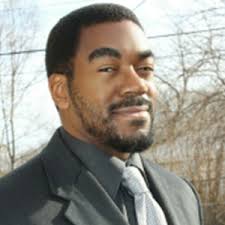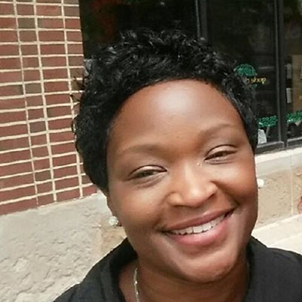Equity, diversity, and inclusion are important considerations in prevention practice. Over the course of the Health Equity Series, we will discuss action steps, both personally and professionally, to bring the conversation of equity to life.
Description:
Session 1 began the conversation of health equity and its importance in the field of prevention. In this session, we defined terms that are essential to the discussion, as well as discussed the roots of how inequities are formed (view recording here).
Learning Objectives:
Description:
Session 2 outlined the steps and components involved in conducting needs assessment, including data collection and the identification and prioritization of the problem, and contributing factors (view recording here).
Learning Objectives:
Description:
As we learned in Session 2, a truly equitable needs assessment factors in the unjust distribution and access to resources that impact the Social Determinants of Health (SDOH); thus, contributing to the vulnerable status of certain populations. Successful prevention hinges on the capacity of the community to address the needs uncovered during the assessment phase.
During Session 3, we will focus on the community process for building resources and readiness that mobilize key stakeholders to work upstream to address the sources of the inequities. Next, we will discuss how to engage stakeholders in the strategic planning process to leverage those resources against the discriminatory practices and policies of the past.
Learning Objectives:
After participating in the training participants should be able to:
Description:
Session 4, Implementation and Evaluation, focuses on the implementation of evidence-based programs and practices to address the inequities experienced by populations. Participants will learn that the initiatives we implement are not solely about the prevention and reduction of substance misuse but that they play an important role in the promotion of justice and equity. Evaluation is the systematic collection and analysis of information about prevention activities to reduce uncertainty, improve effectiveness, and facilitate decision-making. Ultimately, evaluation is about enhancing prevention practice and community accountability. We will discuss how evaluation can be used as tool to create systems change for equitable purposes.
Learning Objectives:
After participating in the training participants should be able to:
 Raylette Pickett-Johnson, COO
Raylette Pickett-Johnson, COO
Raylette’s professional career began as a nurse providing direct patient care. She was eventually employed by RAND as the Field Representative/Interviewer for the serious mentally ill/HIV study, which served clients in California and New York. In 2007, Raylette co-founded, SheRay’s & Associates, LLC a consulting firm that provides mental health, HIV and substance use disorder prevention trainings and technical assistance across the United States. Raylette is skilled at developing and implementing culturally sensitive community-based programs and Training/TA services. She is active in the community, with particular interest in working with organizations serving inner city youth and young adults. In 2015, Raylette joined The TTJ Group, LLC as the Chief Operating Officer with the purpose of servicing organizations in the areas of specialized trainings, organization and economic development and technical assistance.
 Albert Gay, MS
Albert Gay, MS
Albert Gay was ordained into the ministry in 1994 and since that time he has worked with youth and communities in many capacities. Albert has been in full time ministry as a youth pastor, where he counseled urban youth in positive directions and provided them with alternative solutions to the “streets.” Albert expanded into the Prevention field in 1997 when he was employed by the Boys & Girls Clubs of Northwest Indiana as a Prevention Coordinator. He has received credentials as a Certified Prevention Professional by the Indiana Association of Prevention Professionals in 1999. While attending ministry school in Florida, Albert worked as a Behavioral Specialist with troubled youth. Albert Gay is currently a Master Trainer for TTJ Group, LLC by providing services to non-profit, faith-based and community organizations and governmental entities in developing and implementing technical assistance and training services in an innovative and practical format.
Albert Gay obtained his B.A. in English Arts from the historically distinguished, Hampton University in Virginia, and he obtained his Master of Science in Management from Oakland City University in Indiana. He received ministry training from Christian International’s Ministry Training College in Florida.
 Tasha Wilkerson, MA
Tasha Wilkerson, MA
Tasha Wilkerson holds an MA in Training and Instructional Design and is a Certified Alcohol and Drug Preventionist, with over 26 years as a professional trainer and community activists. Tasha has a broad knowledge organizing, coalition building and staff capacity building. Tasha has focused her efforts on strategic planning and community capacity building for many years, spending many hours working with adults and faith leaders to help build a safer community. Tasha training collection includes Strategic Prevention Framework (SPF), coalition building, capacity building, evaluation, cultural competency, designing and delivering training, facilitation skills, environmental strategies, community organizing, Health Disparities and equities and evaluation to name a few. Tasha has a fervor to support the adult learner and incorporates adult learning theory and practices in all her training designs.